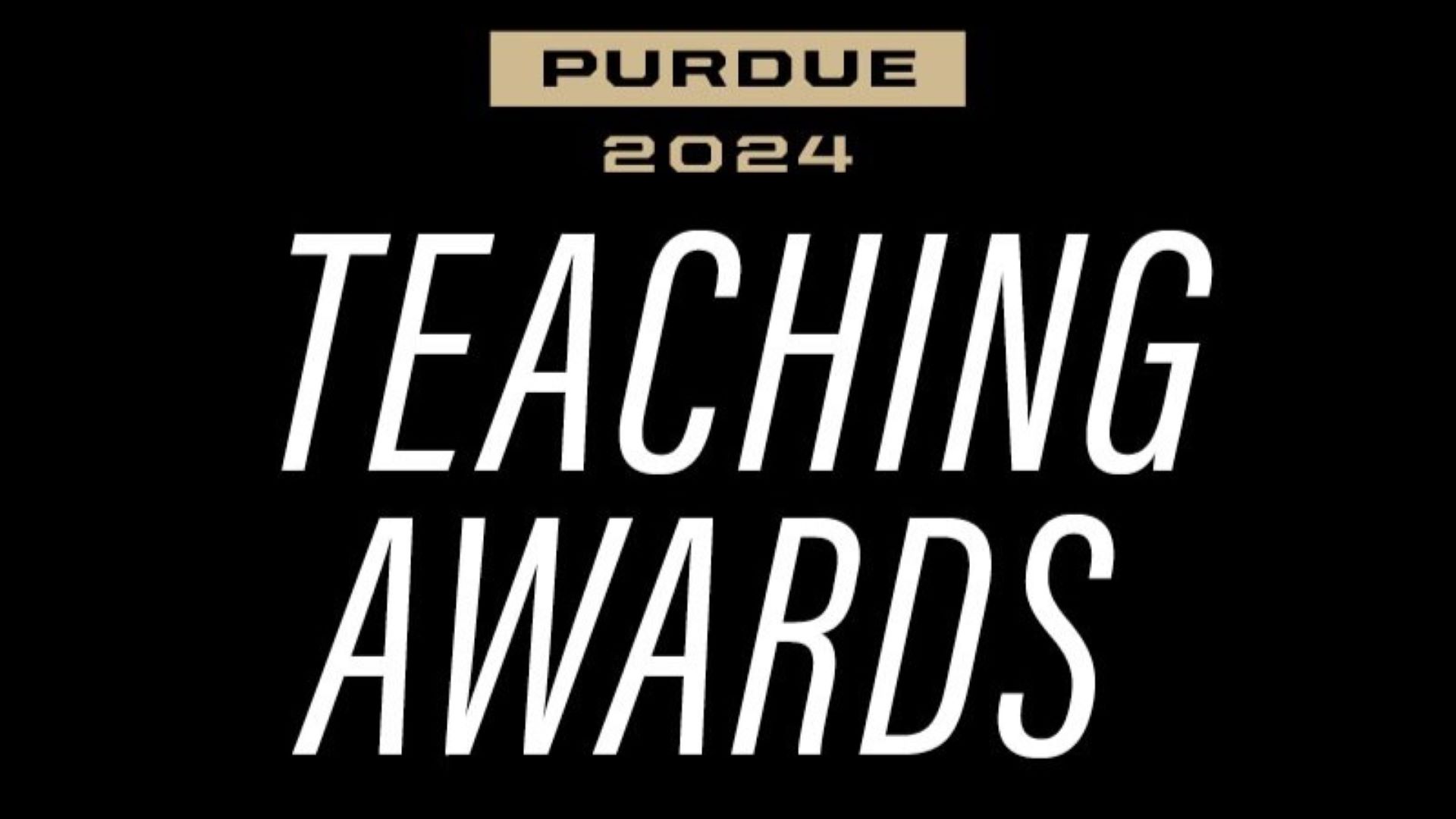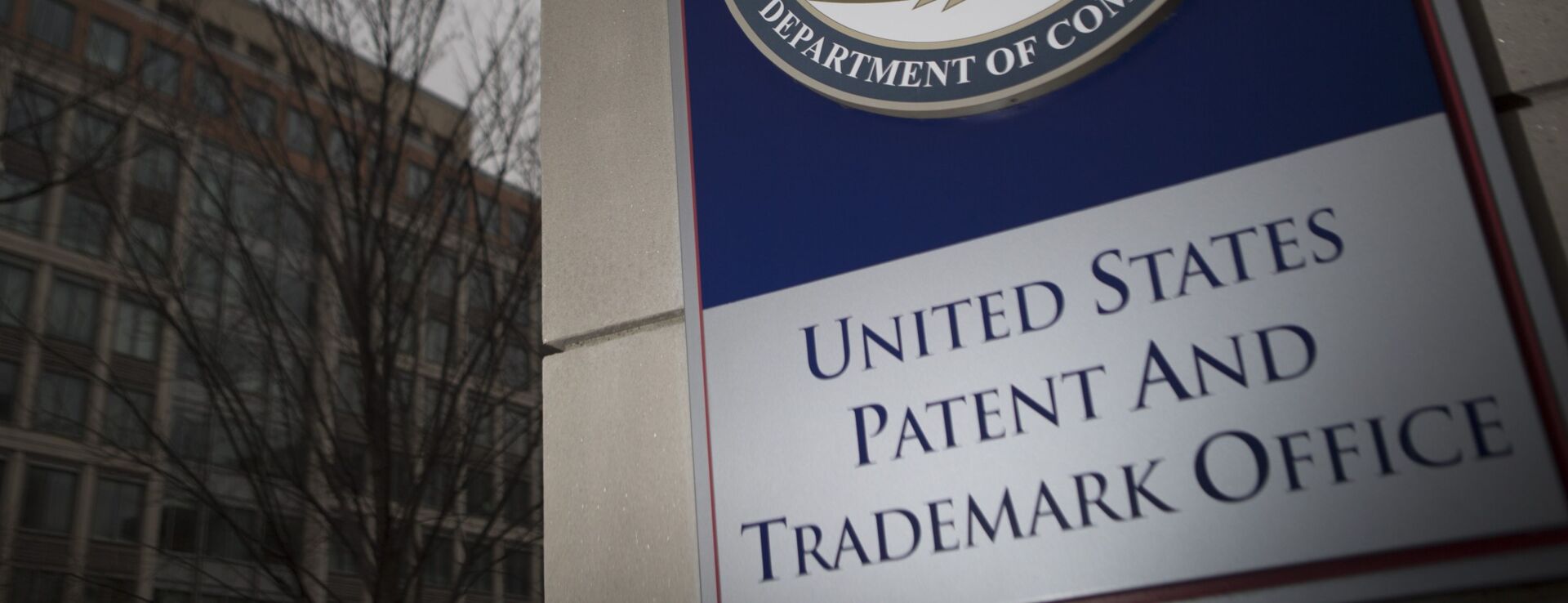During a conference on accessibility, Kate Tucker, an accessibility program manager, emphasized the importance of the partnership between humans and AI in the development of assistive technologies. The conference underscored the need for testers to ensure the accuracy and reliability of AI as it continues to advance.
AI has already demonstrated its potential in enhancing accessibility for individuals with disabilities by allowing them to navigate physical and digital environments with greater inclusivity. However, as technology continues to evolve, it is crucial that we prioritize achieving zero failure rates in AI-powered assistive technologies to prevent serious consequences. Inaccuracies in AI can lead to safety risks such as failing to detect hazards or misinterpreting important information.
Kate shared an example during one of her workshops that highlighted the potential pitfalls of relying solely on AI for image interpretation. In this case, an image showing a horse being loaded into a starting gate was misinterpreted by AI as animal mistreatment due to its lack of contextual understanding. Human testers are vital in providing necessary intervention and perspective to ensure that AI accurately interprets and conveys information.
Ultimately, the success of AI in assistive technologies depends on collaboration between humans and AI. By working together, we can harness the capabilities of AI while mitigating errors and misunderstandings that could have significant consequences.



